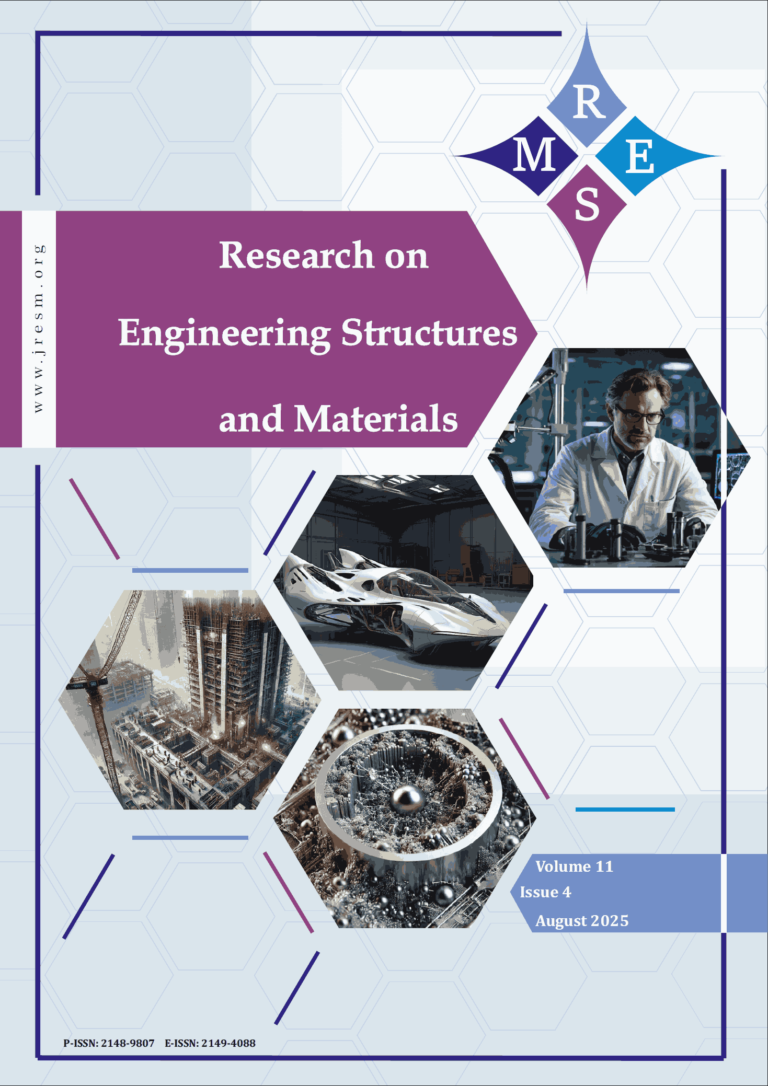This study aims to evaluate the torsional performance of cold-formed steel beams with concrete-filled box webs (BWCFSB) under concentrated torsional loading. The primary objective was to investigate the effect of varying width-to-depth (W/D) ratios and the inclusion of concrete infill on the torsional strength, stiffness, and deformation characteristics of the beams. An experimental program was conducted involving four full-scale beam specimens, each subjected two equal concentrated torsional loads applied symmetrically at equal distances from the supports. All specimens shared consistent dimensions, including a 1500 mm clear span, 3 mm web and flange thickness, and a constant beam depth of 190 mm. The beam width was varied to achieve W/D ratios of 1.15, 1.0, 0.85, and 0.7. Bolted connections between the webs and flanges were spaced at L/6, and each beam was reinforced with eight stiffeners located under the load and support points on both sides. Concrete infill was used to enhance the torsional rigidity of the box webs. Test results indicated that the beam with W/D ratio of 1.15 and concrete infill (P1.15) achieved the highest ultimate torsional moment capacity among all specimens. Specifically, the P1.15 beam surpassed the torsional capacities of the P1.0 (control), P0.85, and P0.7 beams by 19.58%, 108.42%, and 181.23%, respectively. Additionally, the P1.15 beam exhibited superior resistance to angle of twist, with corresponding reductions of 8.93%, 46.68%, and 105.34%. Increasing the box web area through a higher W/D ratio and incorporating concrete infill markedly enhances the torsional resistance and rotational control of cold-formed steel beams.
